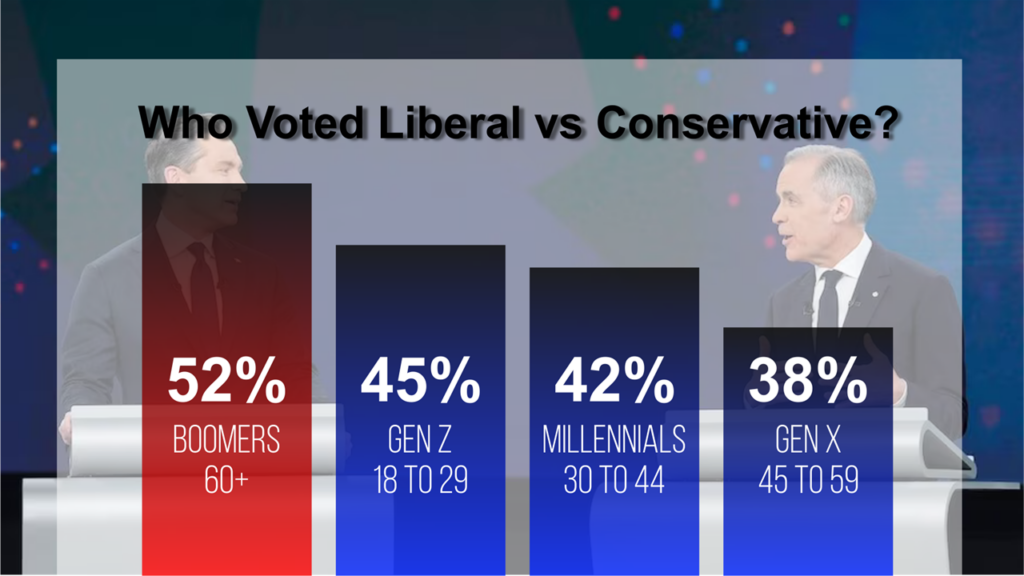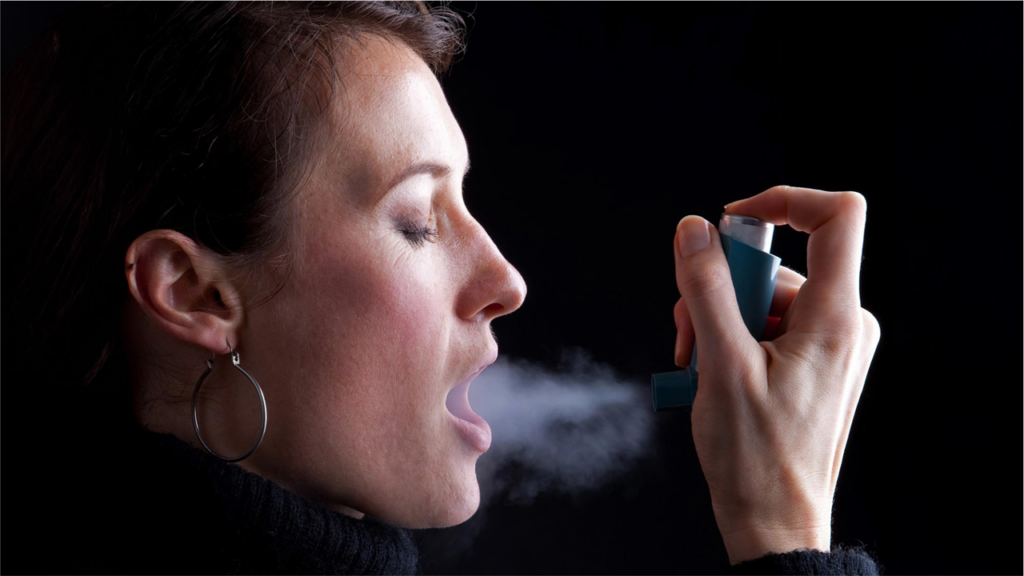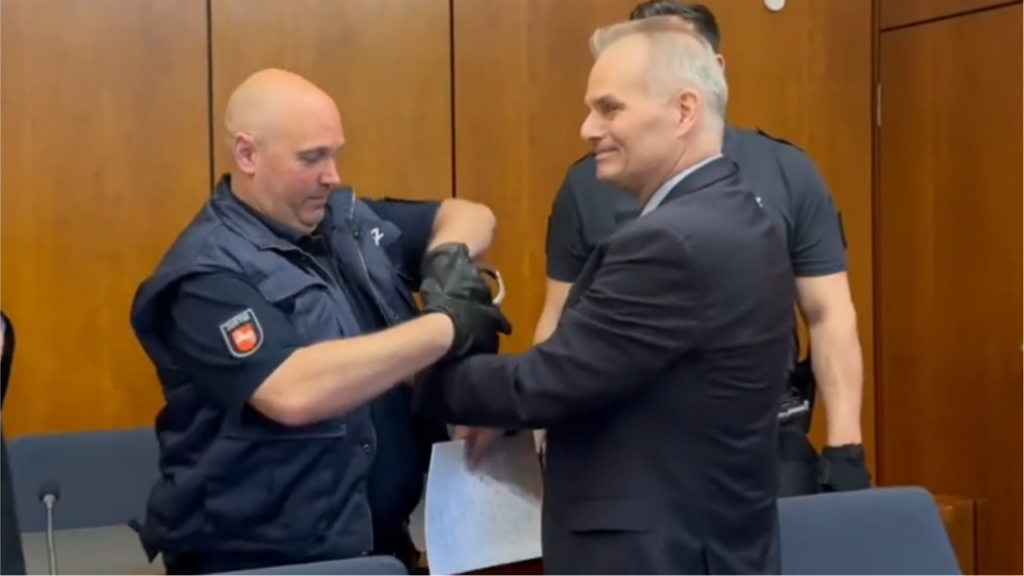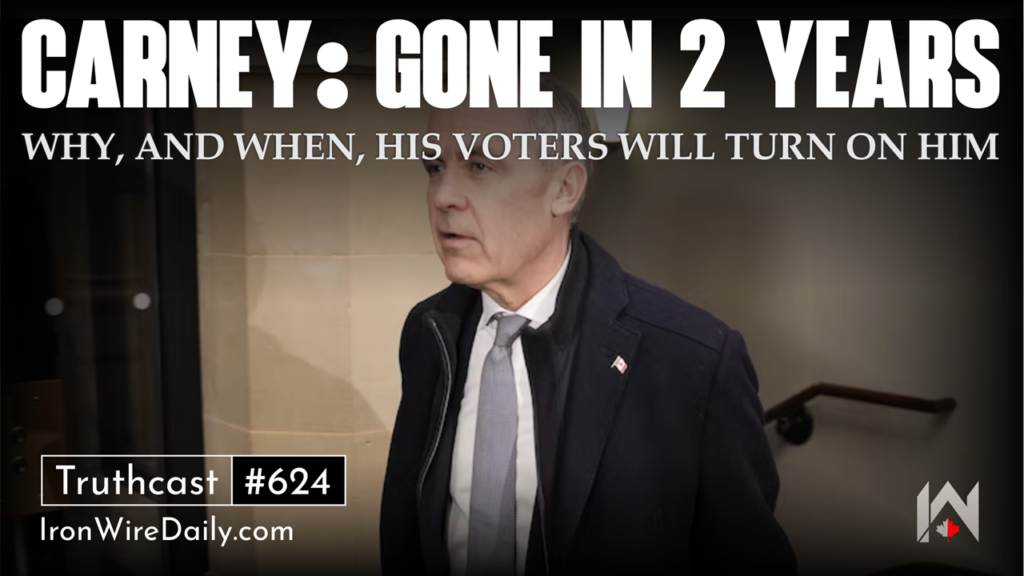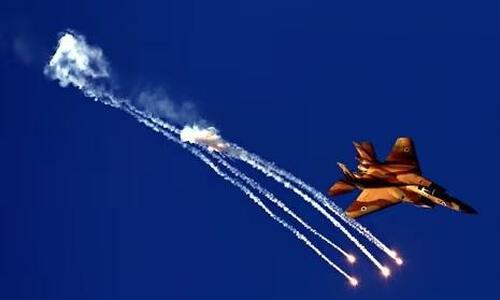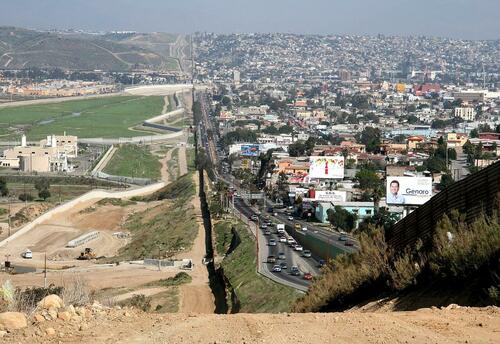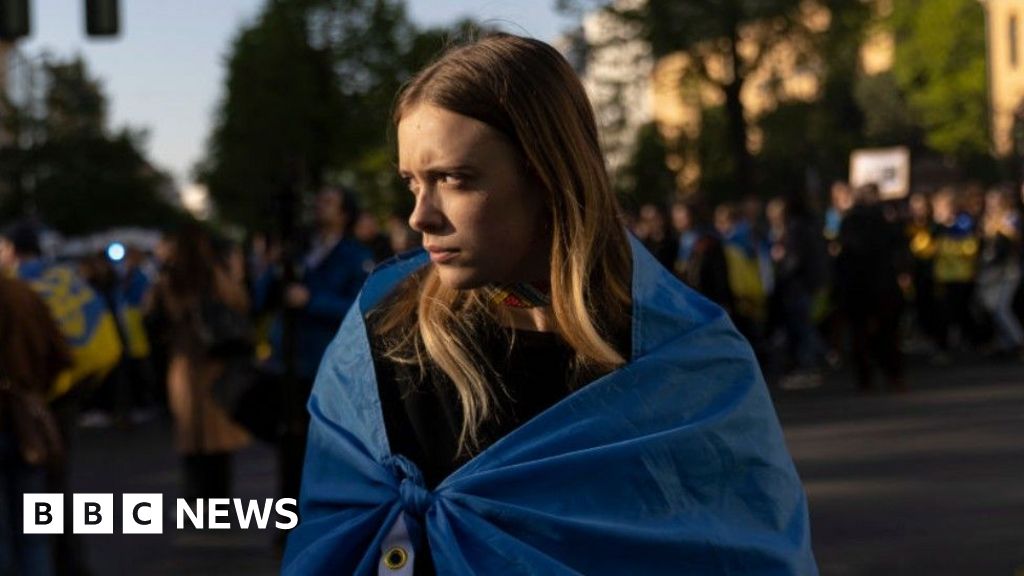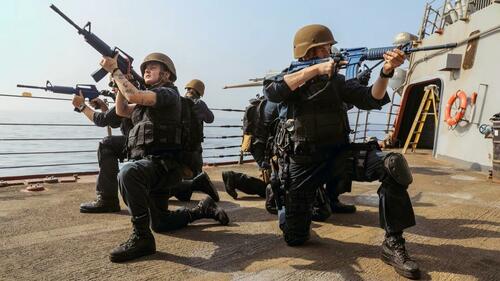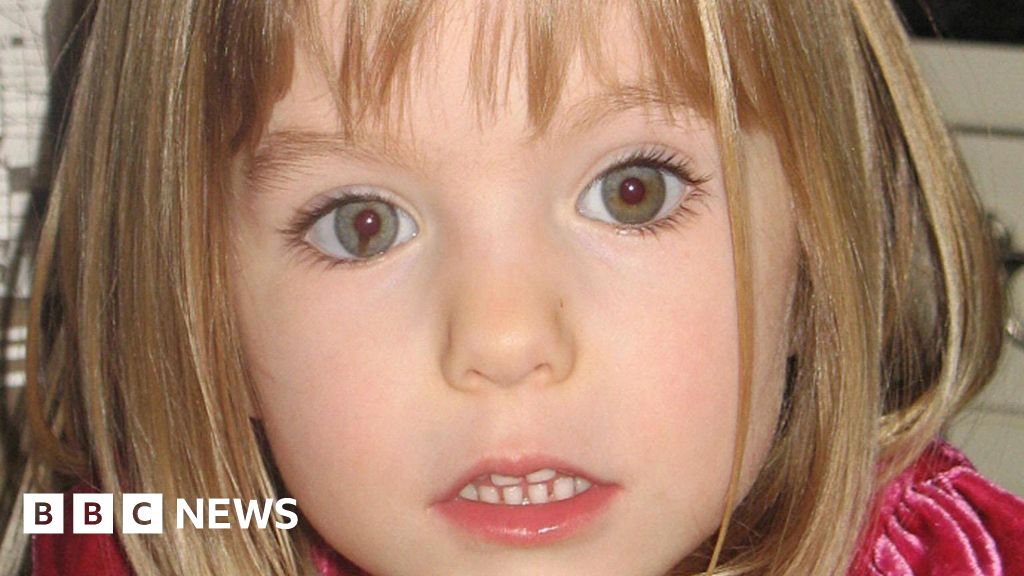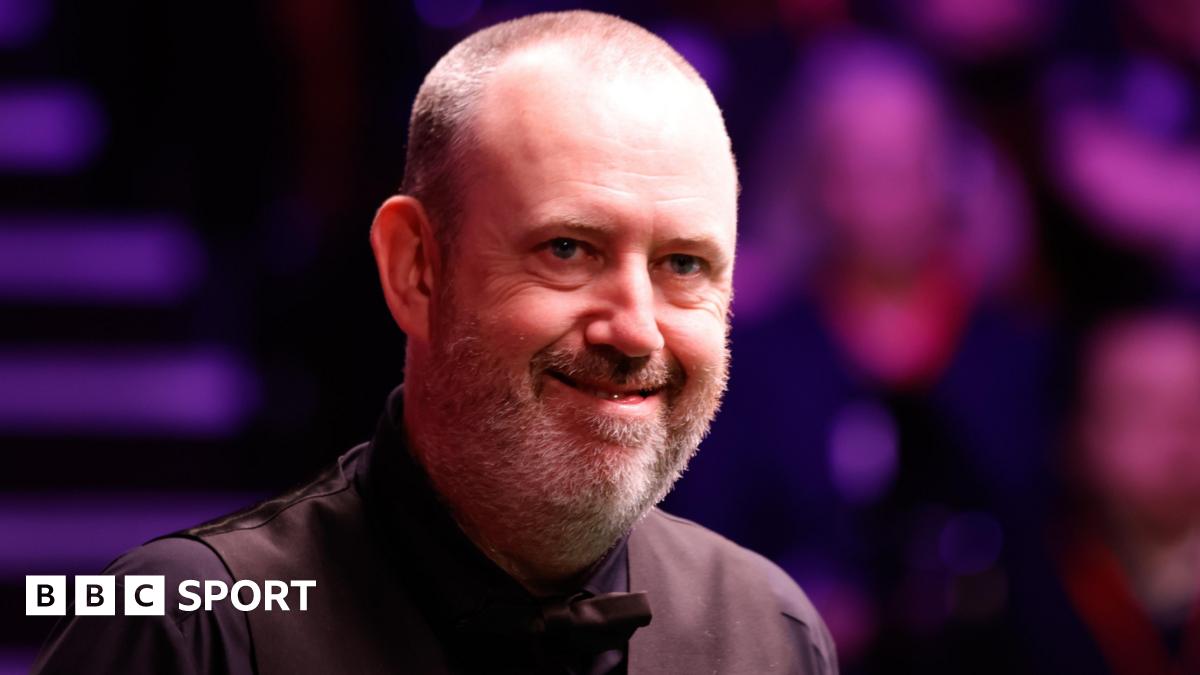Romanians Gear Up for Presidential Election—Here Are the Candidates and Key Issues
Romanians will vote in the first round of a presidential election on Sunday amid the deepest political crisis the country has faced since the fall of communist dictator Nicolae Ceaușescu in 1989.
The election is taking place months later than was originally planned, after the previous vote was annulled by Bucharest’s supreme court.
That poll was held on Dec. 6, 2024, and resulted in conservative outsider candidate Calin Georgescu topping the polls, to the shock of Romania’s political establishment.
The court nixed the vote amid allegations of electoral violations and a Russian campaign promoting Georgescu, who is now under investigation and barred from running.
Moscow has denied meddling.
Despite 11 candidates appearing on the ballot paper, there are only five realistic contenders for the post.
They are: George Simion, a Eurosceptic nationalist; Nicușor Dan, Bucharest’s mayor; Crin Antonescu, a veteran centrist and former prime minister; Victor Ponta, another former prime minister and supporter of U.S. President Donald Trump; and Elena Lasconi, the runner-up in the aborted 2024 poll.
What Are The Issues?
The core issues in this election are the direction Romania will take going forward and a profound dissatisfaction with the current political class.
There is a clear divide in the position of the main candidates, with Simion and Ponta both taking a very nationalistic stance and opposing continued aid to Ukraine.
A victory for Simion, widely seen as Georgescu’s heir, would likely unsettle both the European Union and NATO, two organizations Romania is a member of.
However, though he has been critical of the amount of aid being sent to Ukraine, he has previously called Russian President Vladimir Putin a “war criminal.”
On the other side of the equation are Dan and Antonescu, who are both running on very pro-EU and NATO platforms.
Both these candidates have been very vocal about support for Ukraine and the need for it to continue, as well as their wishes to orient themselves more toward Europe, rather than shifting to nationalism or into the orbit of Moscow.
Lasconi is also pro-EU and NATO, but after her party threw their support behind Dan, her chances of succeeding are viewed as slim, despite her coming second in December.
Corneliu Bjola is a professor of digital diplomacy at the University of Oxford and a supporter of Dan.
Bjola told The Epoch Times that the main issue at stake was Romania’s strategic orientation, though he lamented that it had largely been overshadowed by tabloid intrigue.
“Since 1989, Romania has done something remarkable,” he said.
“It responded to an older historical calling, first articulated in 1848, reinforced by the 1859 union, and fully affirmed in 1918—the desire to integrate into the European political, economic, and civilizational space.
“The 1930s and the communist regime derailed this path. But 1989 created the conditions for reviving the dream of the 1848 generation.
“The 2025 elections could mark a turning point in the opposite direction. If citizens are not careful with their choices, the risk of a break from Romania’s European path becomes real once again.
“Romania would gain nothing from such a development. The only beneficiary would be Russia.
“This is the immense stake of these elections: will Romania remain firmly anchored in the European family, or will it begin a slow decoupling?”
Valentin Naumescu, professor of international relations at Babeș-Bolyai University in Cluj-Napoca, Romania, told The Epoch Times that he believes the biggest issue at this election is how to get out of the “current deadlock of Romanian democracy.”
“That’s what should concern all of us, both voters and candidates: how do we overcome this deep democratic crisis?” he said.
“We are at a critical juncture after the unprecedented and unfortunate annulment of the elections, but this is where we are, and we must find a way forward.”
Naumescu, like Bjola, favors Dan and sees three options being presented at this election.
Firstly, the status quo, represented by Antonescu.
Secondly, what he called the “isolationism and extremism” of Simion, driven by a deep frustration with the status quo, as well as some anti-Western sentiments and pro-Russian sympathies.
Who Will Win?
According to Naumescu, it is highly likely that Simion will make it through to the second round.
“If we look at most of the current polls, because the only tools we have at our disposal are the polls, we can see that George Simion seems to have separated himself and will occupy one of the two spots in the final, with over 30 percent in voting intention,” he said.
“However. There is a very tight race that will be decided by a small margin, a few percentage points, between Crin Antonescu and Nicușor Dan. I estimate that around 21–22 percent will be the threshold for entering the second round.
“So practically, it will be either Crin Antonescu or Nicușor Dan who enters the second round. This is how I see it.”
Bijola agreed, saying that despite his preference being a Dan v Antonescu second round, only one would make it against either Simion or Ponta.
“It’s hard to predict which of the two—Dan or Antonescu—will advance, as they are quite close in standing,” he said.
Who Are the Candidates?

George Simion
The current favorite is Simion, the 38-year-old leader of the Alliance for Uniting Romanians (AUR).
However, election authorities are looking into his campaign funding after he reported zero funds spent on online promotion despite evidence of paid content on social media.

Crin Antonescu
The former leader of the ruling coalition and National Liberal Party (PNL), Antonescu first became a lawmaker in 1992 and has held political positions throughout his career until he stepped back from politics a decade ago.
The 65-year-old’s backing this election comes from the Social Democrats (PSD), his own (PNL), and the ethnic Hungarian party, which together make up the pro-Western coalition government.
In 2012, Antonescu attempted to overthrow then-centrist President Traian Basescu, which raised concerns over the rule of law in Brussels.
During that time, he briefly served as the interim president, but then the impeachment referendum against Basescu failed.
After retiring from politics, Antonescu moved to Brussels with his wife, Adina Valean, a member of the European Parliament who served as the EU’s transport commissioner.

Nicușor Dan
Dan is the two-term mayor of the capital city of Bucharest.
The 55-year-old French-educated mathematician is running as an independent centrist on an “Honest Romania” ticket.
He first turned to activism to protect heritage buildings in the capital, Bucharest, before entering politics full time.
He is also very pro-EU and NATO, supporting the increase of defence spending to 3.5 percent of GDP by 2030 and continued support of Ukraine.

Victor Ponta
Ponta is a former prime minister whose politics have undergone a dramatic shift toward nationalism.
The 52-year-old, who quit as prime minister in the wake of a fatal nightclub fire in 2015 and has previously been thwarted in his attempts to become head of state, has this time said he backs “radical change” akin to what he believes is taking place in the United States.

Elena Lasconi
Mayor of the town of Campulung, in central Romania, Lasconi was the runner-up in the nixed December election.
She was a journalist for decades before entering politics.


